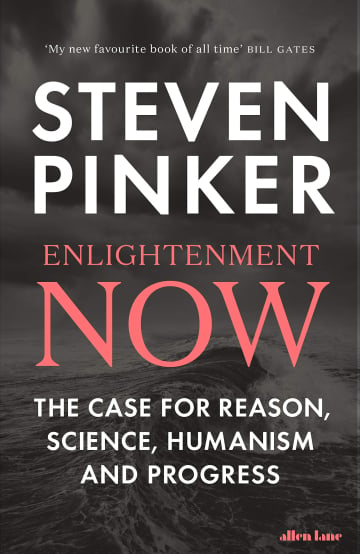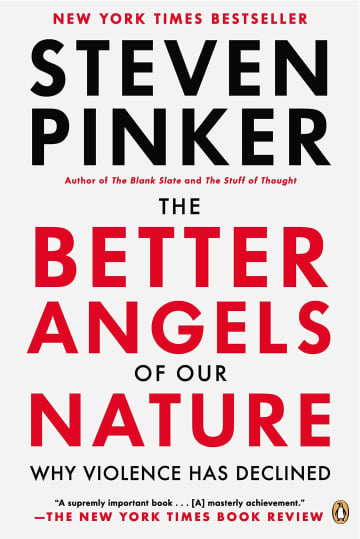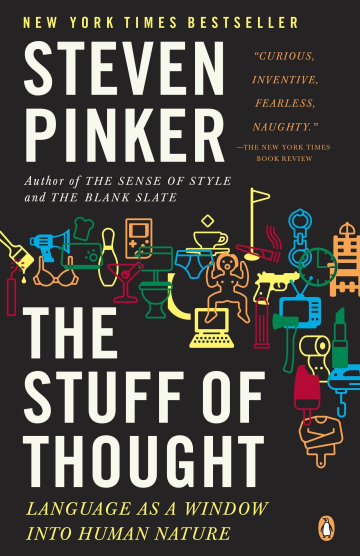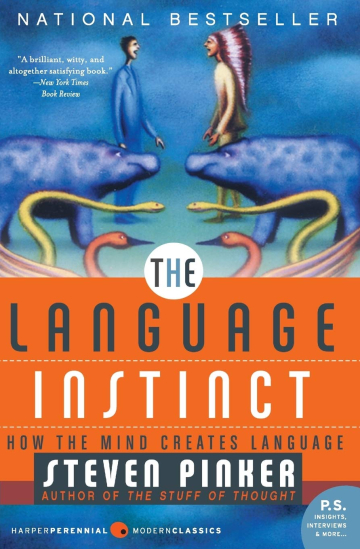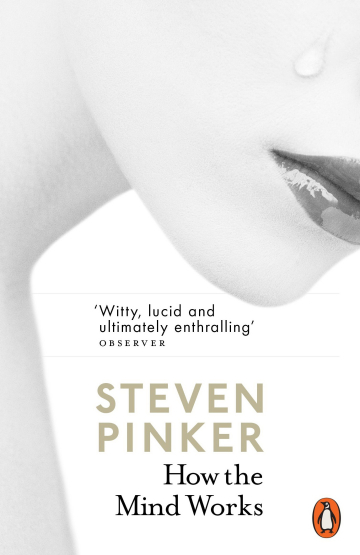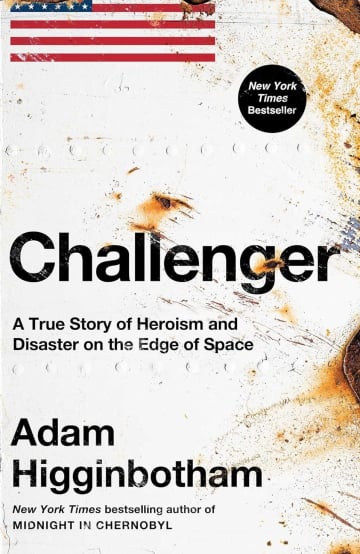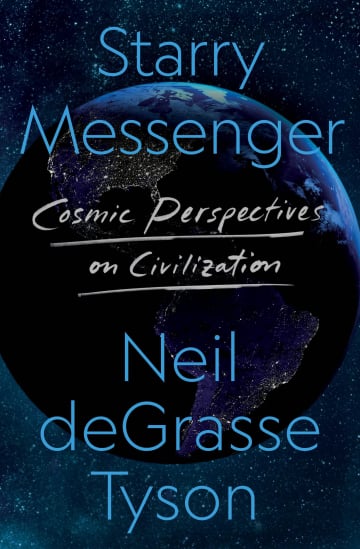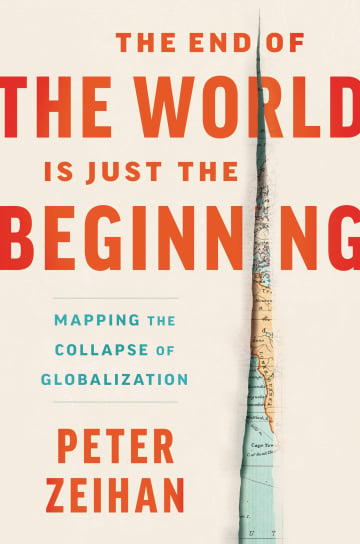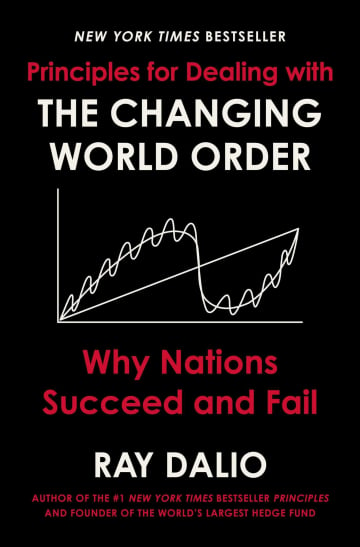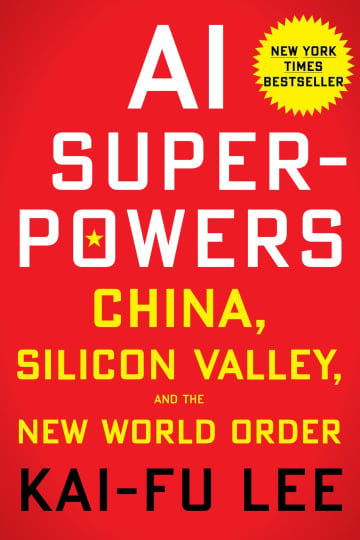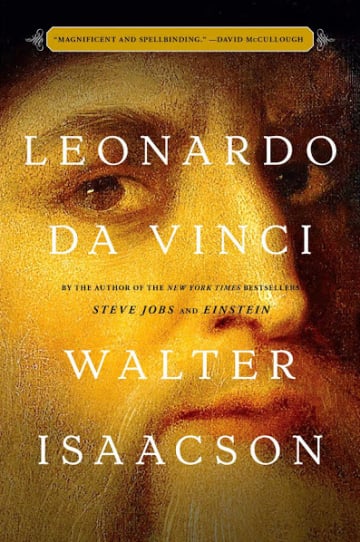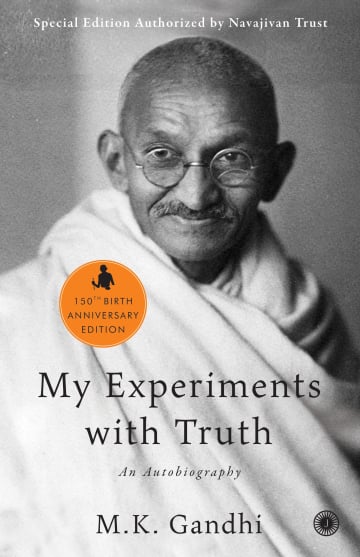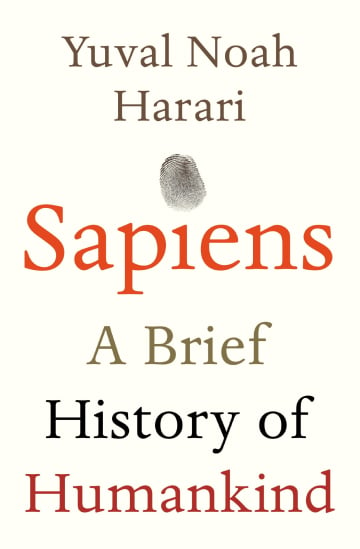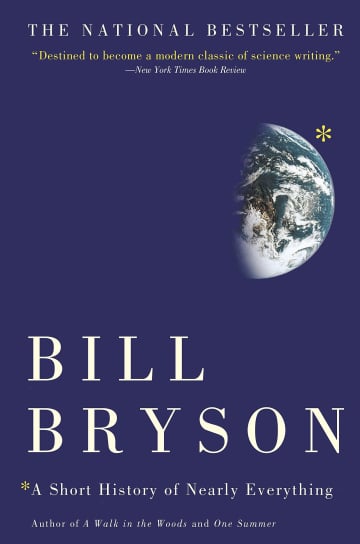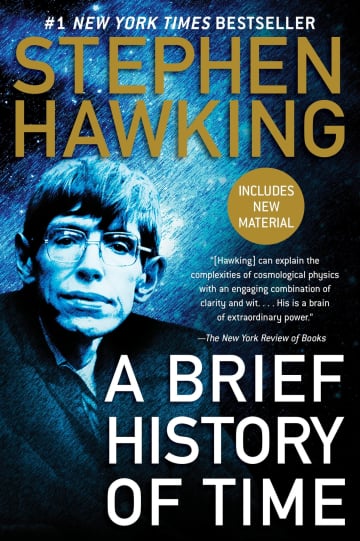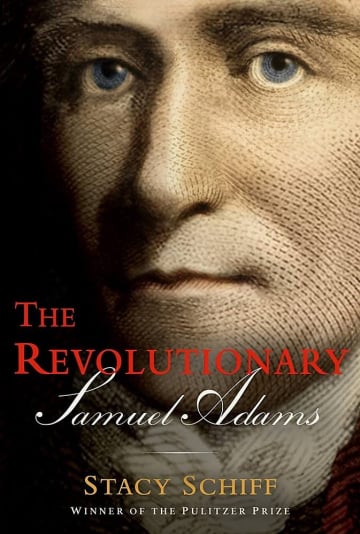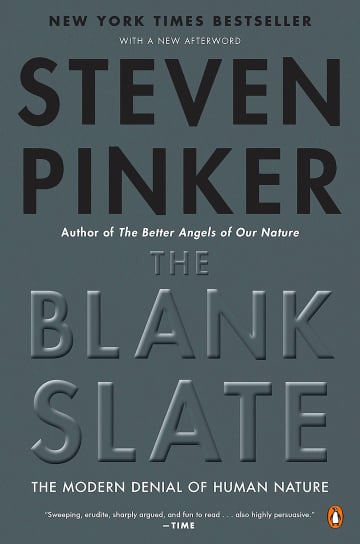
The Blank Slate: The Denial of Human Nature and Modern Intellectual Life
⚡️ 10 Quotes from the book
“The doctrines of the Blank Slate, the Noble Savage, and the Ghost in the Machine—or, as philosophers call them, empiricism, romanticism, and dualism—are logically independent, but in practice they are often found together.”
“Behavior is not just emitted or elicited, nor does it come directly out of culture or society. It comes from an internal struggle among mental modules with differing agendas and goals.”
“Psychologists have discovered that our personalities differ in five major ways: we are to varying degrees introverted or extroverted, neurotic or stable, incurious or open to experience, agreeable or antagonistic, and conscientious or undirected.”
“Most biologists who are pondering the puzzle don’t conclude that humans are less complex than we thought. Instead they conclude that the number of genes in a genome has little to do with the complexity of the organism.”
“As technology accumulates and people in more parts of the planet become interdependent, the hatred between them tends to decrease, for the simple reason that you can’t kill someone and trade with him too.”
“The doctrine of a soul that outlives the body is anything but righteous, because it necessarily devalues the lives we live on this earth.”
“Nothing invests life with more meaning than the realization that every moment of sentience is a precious gift.”
“We are all members of the same flawed species. Putting our moral vision into practice means imposing our will on others.”
“Equality is not the empirical claim that all groups of humans are interchangeable; it is the moral principle that individuals should not be judged or constrained by the average properties of their group.”
“So men are not from Mars, nor are women from Venus. Men and women are from Africa, the cradle of our evolution, where they evolved together as a single species.”
Related videos
Follow the author

Steven Pinker is a Canadian cognitive psychologist and psycholinguist. He is the Johnstone Professor of Psychology at Harvard and has also taught at Stanford and MIT. A member of the National Academy of Sciences, Pinker is a two-time Pulitzer Prize finalist and Humanist of the Year, and holds nine honorary doctorates. He has been named one of Foreign Policy’s “World’s Top 100 Public Intellectuals” and Time’s “100 Most Influential People in the World.”
Publications
The Guardian: Hoist by his own polemic
The New Yorker: What Comes Naturally
The Guardian: Are we the prisoners of our genes?
Ask Albert:
Rate the book
⚡️ Discover Even More Bookish Wisdom
recommends
